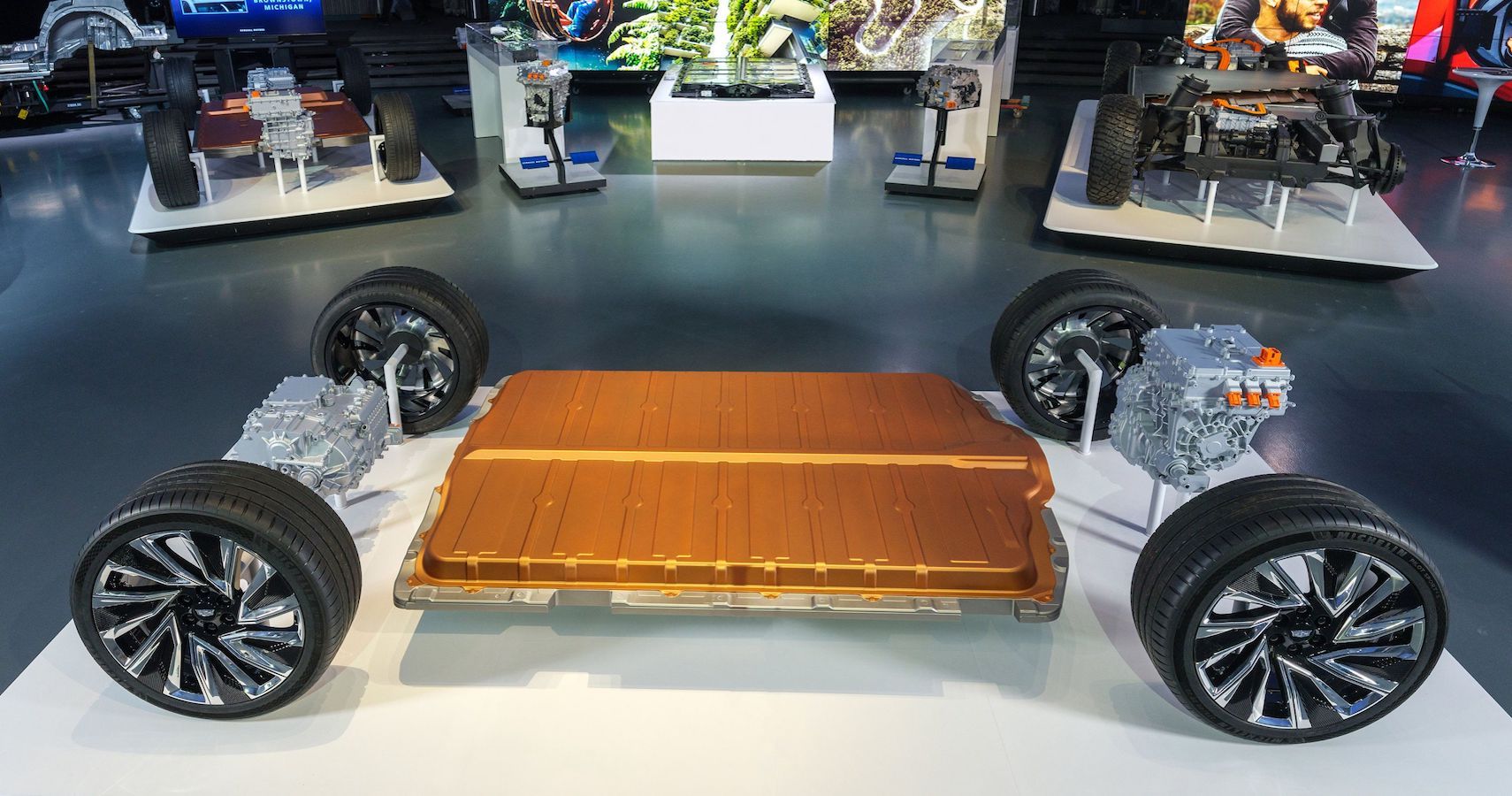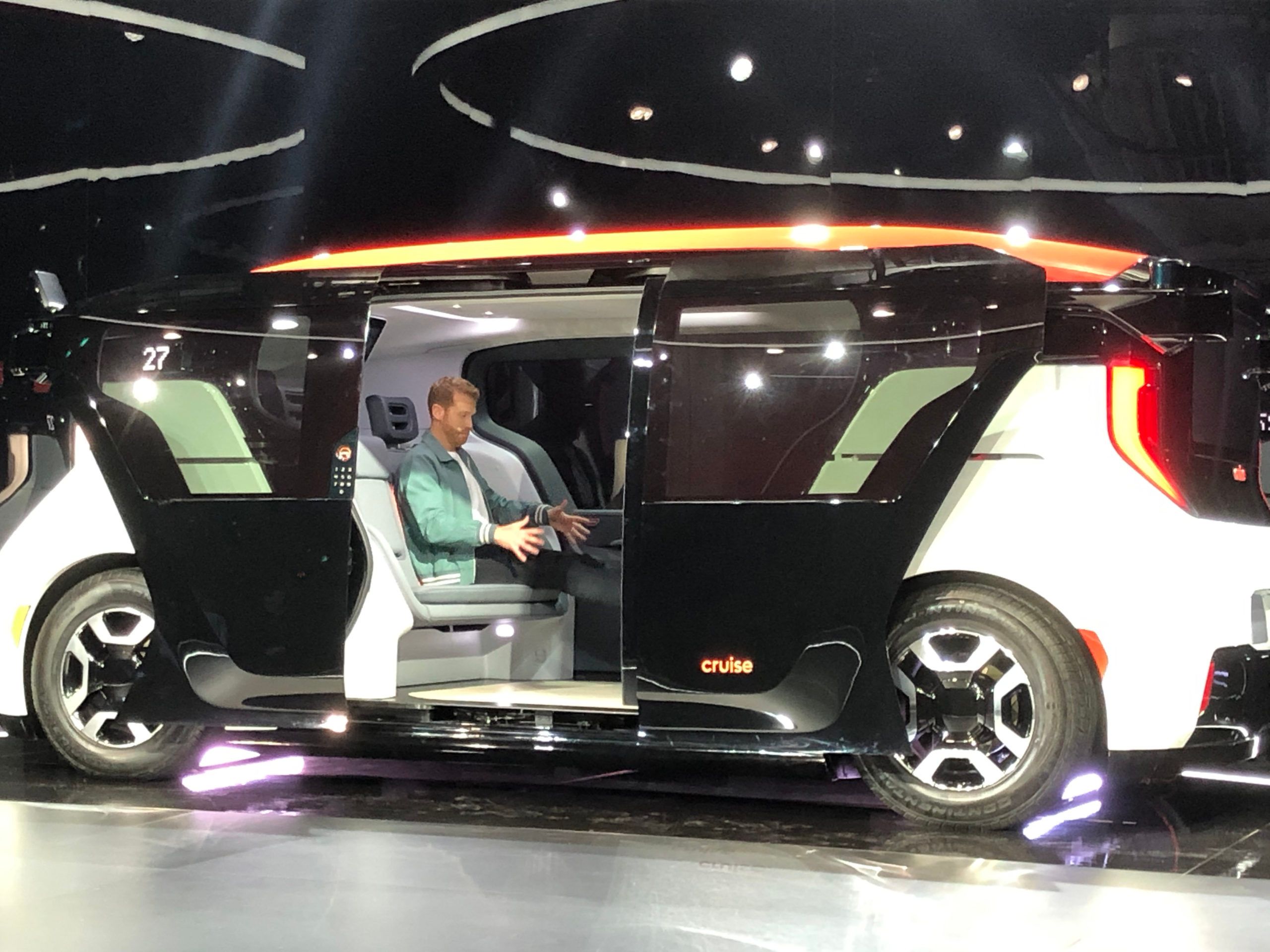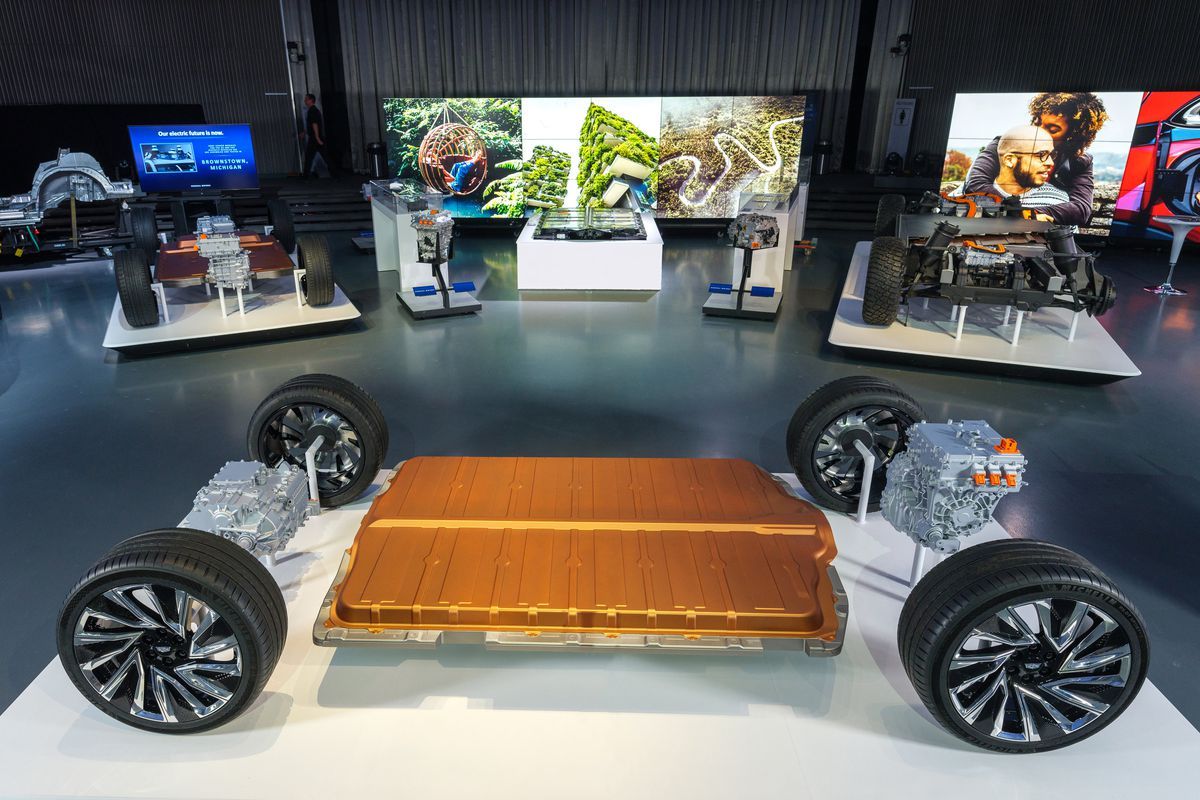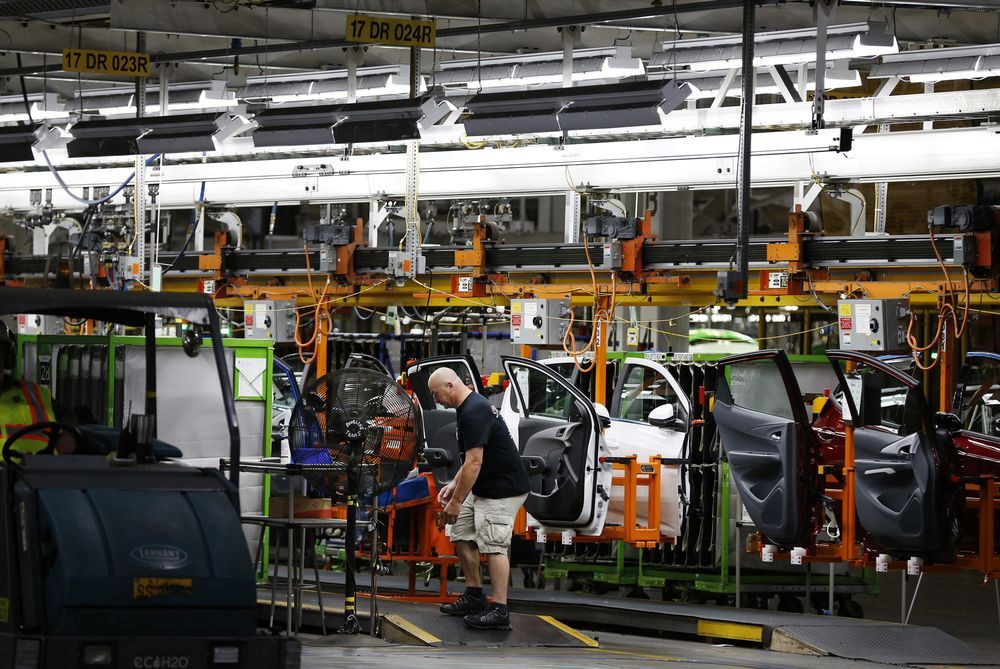General Motors and Honda have announced the two automakers will join forces to develop two electric vehicles bearing the Honda brand but will use GM's Ultium batteries for their power systems. Financial information surrounding the agreement was not made public, although the two companies expect that the totally electric-powered Hondas will see a North American rollout by 2024.
GM Plants To Handle Production
The tandem project will see Honda responsible for creating the interiors and exteriors for the vehicles. Besides the Ultium battery, GM will also provide its proprietary hands-free, driver-assist technology, and connect the OnStar safety and security platform with HondaLink. All production, however, will take place at GM plants in the U.S. and Canada.
While the venture sounds ambitious, it's not the first time the two companies have worked together on electric vehicle projects. Honda hooked up with GM to work on a battery module in 2018. The corporations also pooled their talents to unveil the self-driving, ride-sharing Cruise Origin van in January.
Combined Company Strength
According to the top brass involved in creating the agreement, the venture combines the best skills of all parties involved.
“This collaboration will put together the strength of both companies, while combined scale and manufacturing efficiencies will ultimately provide greater value to customers,” said Rick Schuster, executive vice president of American Honda Motor Co., Inc. in the release.
“This agreement builds on our proven relationship with Honda, and further validates the technical advancements and capabilities of our Ultium batteries and our all-new EV platform," added Doug Parks, GM executive vice president of Global Product Development, Purchasing and Supply Chain.
Competitive Market
It's also an opportunity to play catch-up with Tesla, which has been responsible for 80 percent of electric vehicle sales so far in 2020. However, competitors have started to make their mark, including Ford, which started getting attention in April for its Mustang Mach E.
Additional companies are hoping to get a part of the market with electric vehicles that challenge top guns like Tesla in terms of battery longevity. Models such as the Polestar 2, the Jaguar I-Pace, and the Porsche Taycan are starting to demonstrate they have fuel cells that can rival Tesla models in range.
Source: General Motors




